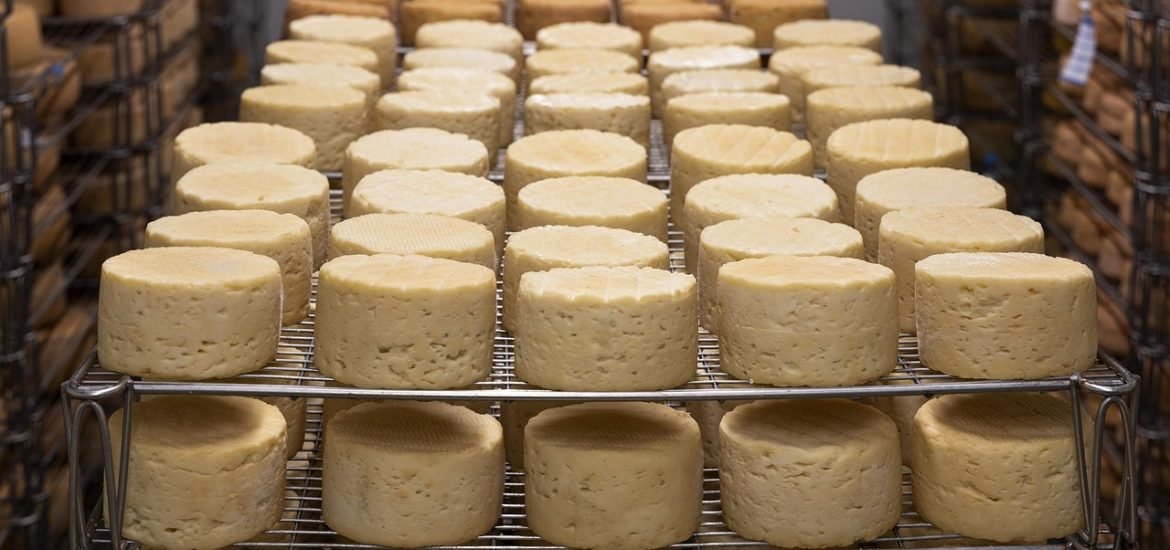
More than 70% of consumers would be willing to try animal-free dairy products, such as cheese, according to the first large-scale survey of consumer acceptance of these products (1). The study was conducted by biotech food company Formo and researchers at the University of Bath, UK.
German food biotech company Formo is on a mission to bring the next generation of sustainable and healthy dairy products to the market. They specialise in precision fermentation, which allows specific proteins to be synthesised by microorganisms. The principle behind this technology is simple: give a copy of cow DNA to microorganisms, and let them do the rest to produce milk proteins. In a way, this is similar to the process used to make beer, but instead of alcohol, microorganisms focus on milk proteins.
When enough protein is produced, it’s then combined with plant-based fats, carbohydrates and salt to create the basis for the final cheese recipe. Like in the traditional way, this mixture is then allowed to ferment to produce a curd, which can be sold as fresh cheese or ripened to create stronger flavours. Overall, this is more efficient than using actual animals to make the same proteins and avoids the negative impact of large scale animal agriculture.
The team questioned over 5000 participants from Brazil, Germany, India, UK and the USA, asking them questions about animal-free products. Results showed that consumers were willing to buy this cheese made from real animal proteins synthesised by microorganisms.
Across the various countries, 79% of consumers would try precision-fermentation cheese, and the cheese was particularly popular with flexitarians. “Just as we have seen plant-based milk taking an increasing share of the milk market in recent years, we now see that consumers are ready for a new kind of animal-free dairy cheese product”, said Christopher Bryant, from the University of Bath. “Seeing the growing consumer groups of flexitarians and young people driving adoption of animal-free cheese is a big indicator that these products will appeal to consumers far beyond the niche markets of current vegan cheese.”
Participants not only understood the considerable improvement in taste compared to current vegan cheese due to the use of animal proteins but also recognised the ethical and environmental advantages of going animal-free. “Most cheese lovers think current vegan cheeses are nowhere near the flavour or functionality level that meets their cheese needs,” said Oscar Zollman Thomas, Formo’s lead researcher on the project. “Precision fermentation is allowing us to fundamentally change that and make real cheese without animals involved.”
Curiously, cheese lovers among the participants were more likely to say they would buy the new animal-free cheese. “That finding was explosive because that’s always how we’ve understood the mission: Initiating change not through consumer sacrifice, but rather through delicious, satisfying products”, concluded Oscar Zollman Thomas.
(1) Zollman, T and Bryant, C (2021) Don’t Have a Cow, Man: Consumer Acceptance of Animal-Free Dairy Products in Five Countries. Frontiers in Sustainable Food Systems, 5, 223 https://www.frontiersin.org/article/10.3389/fsufs.2021.678491